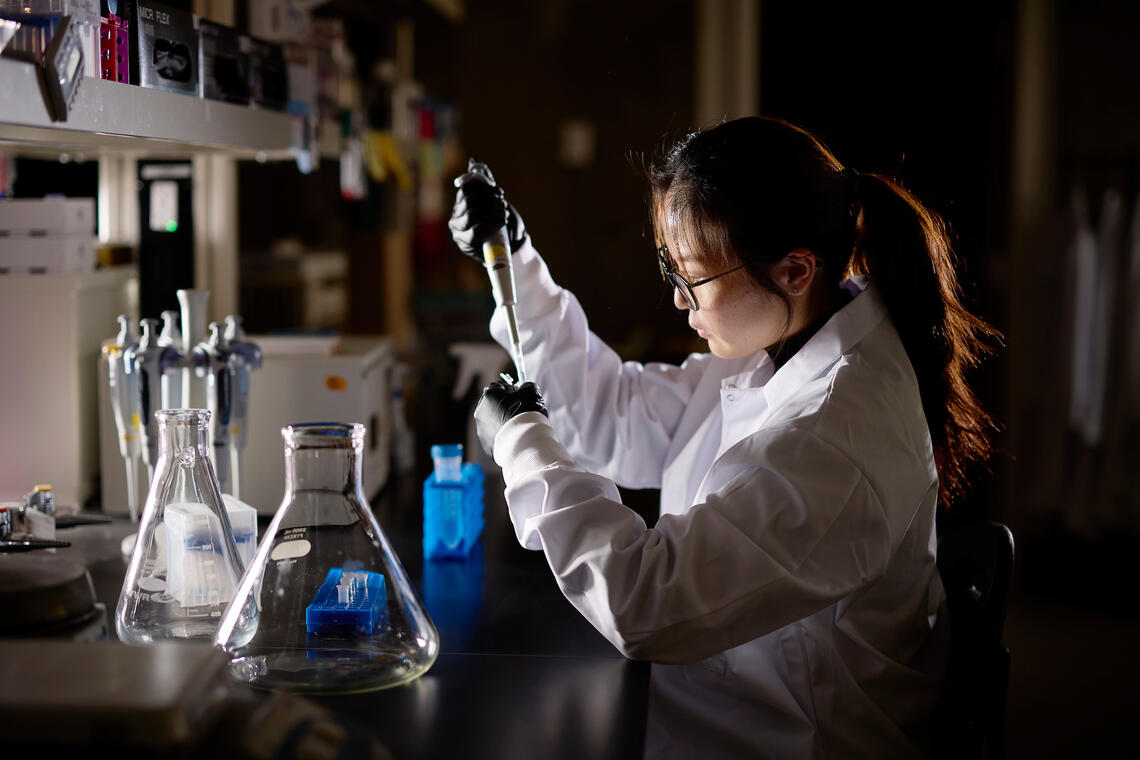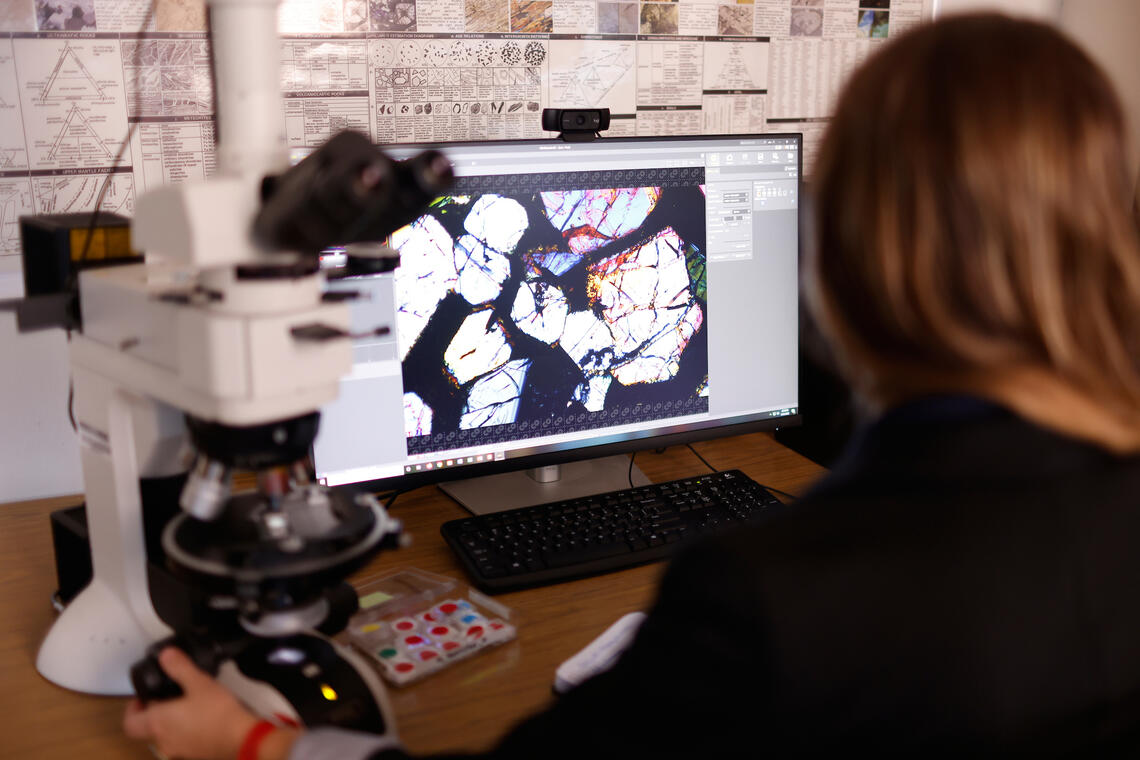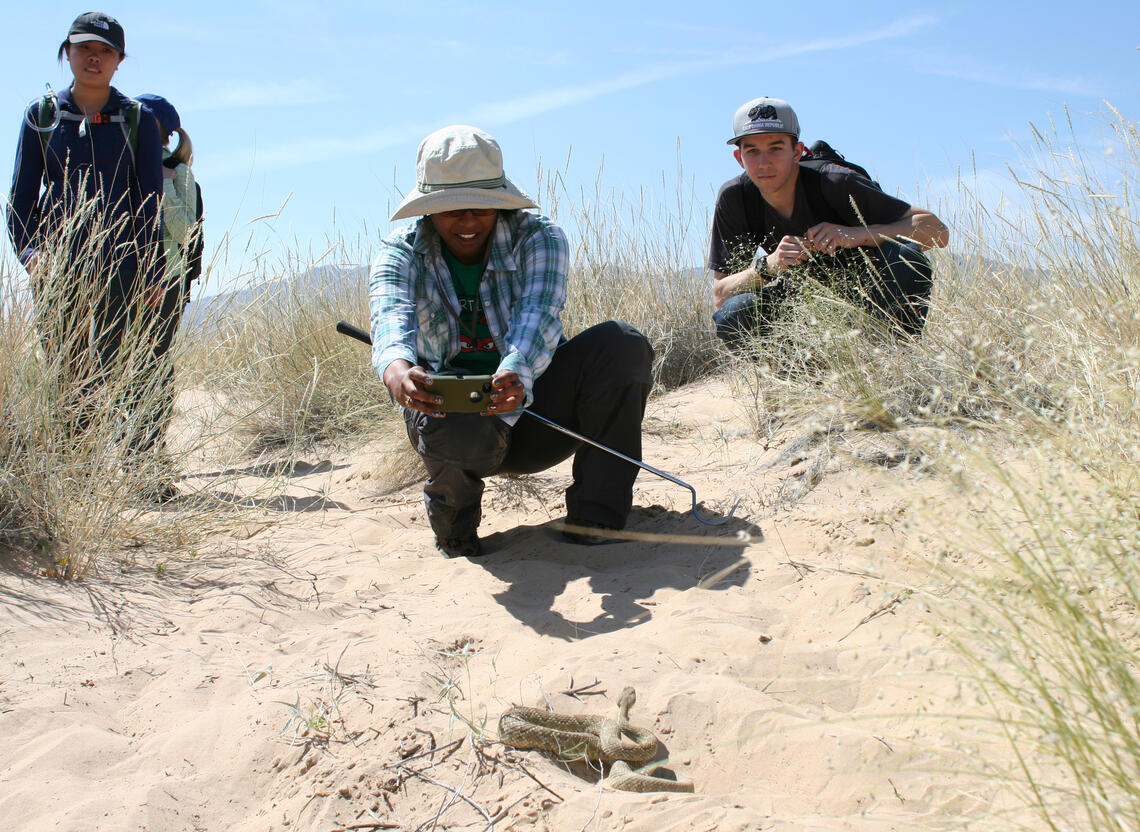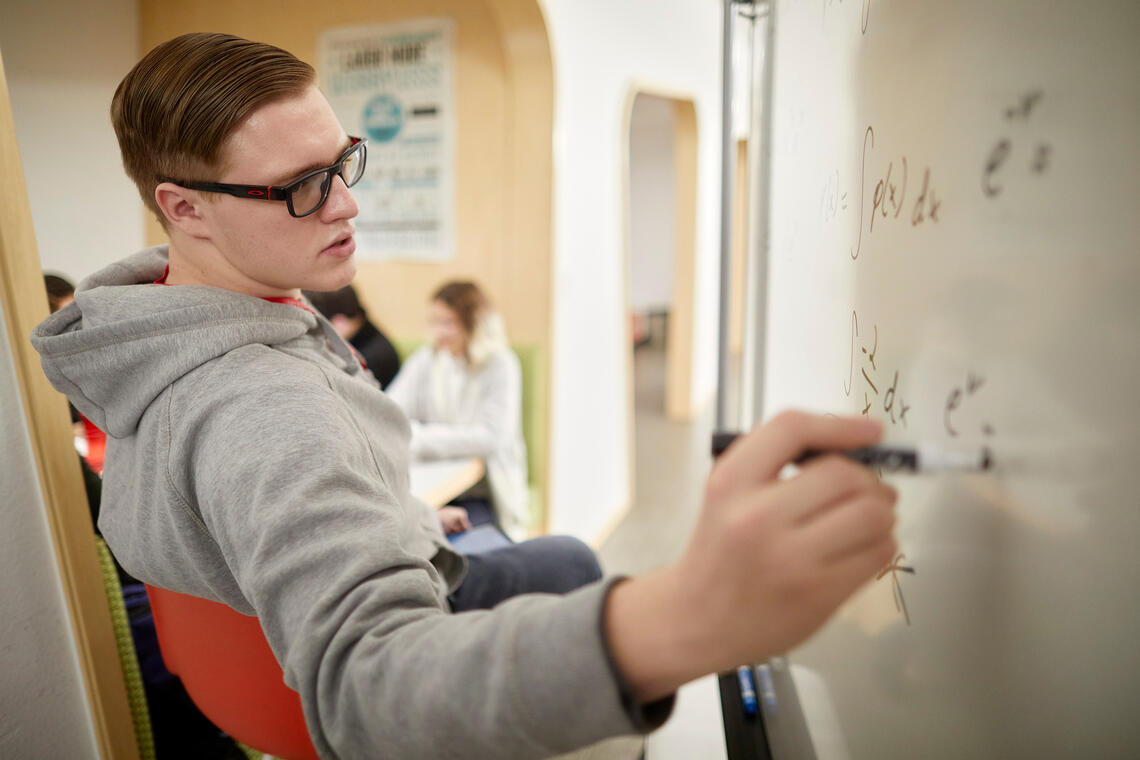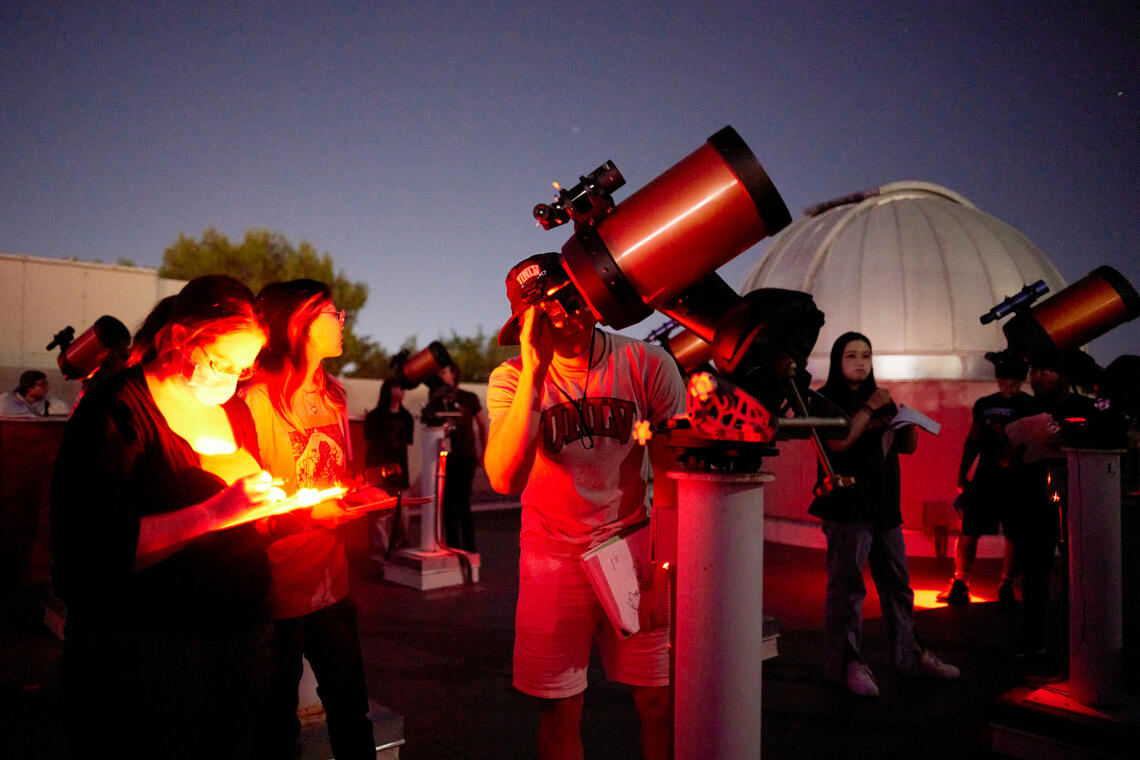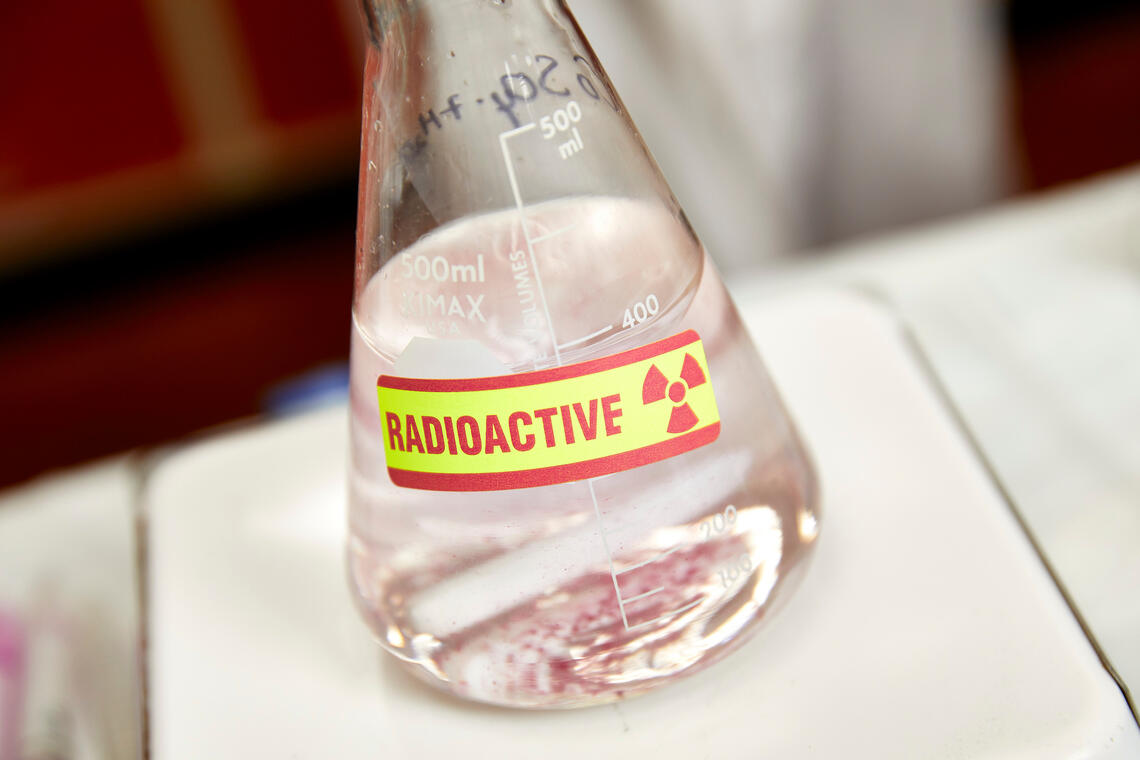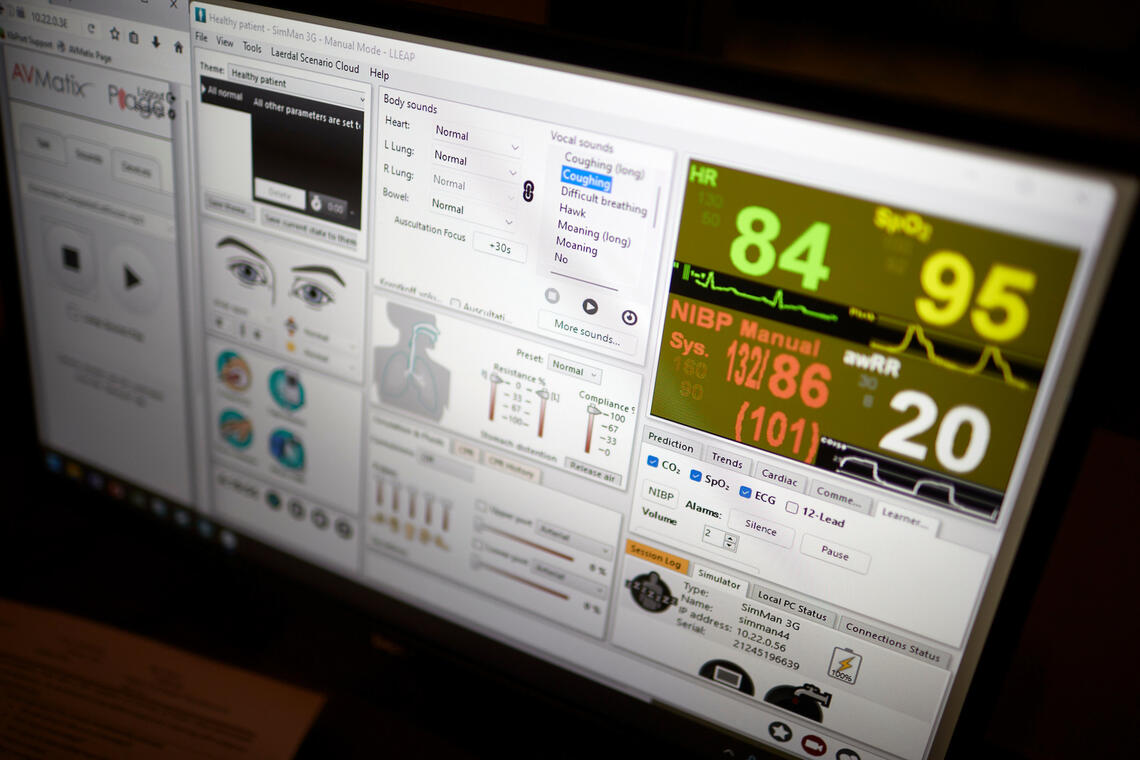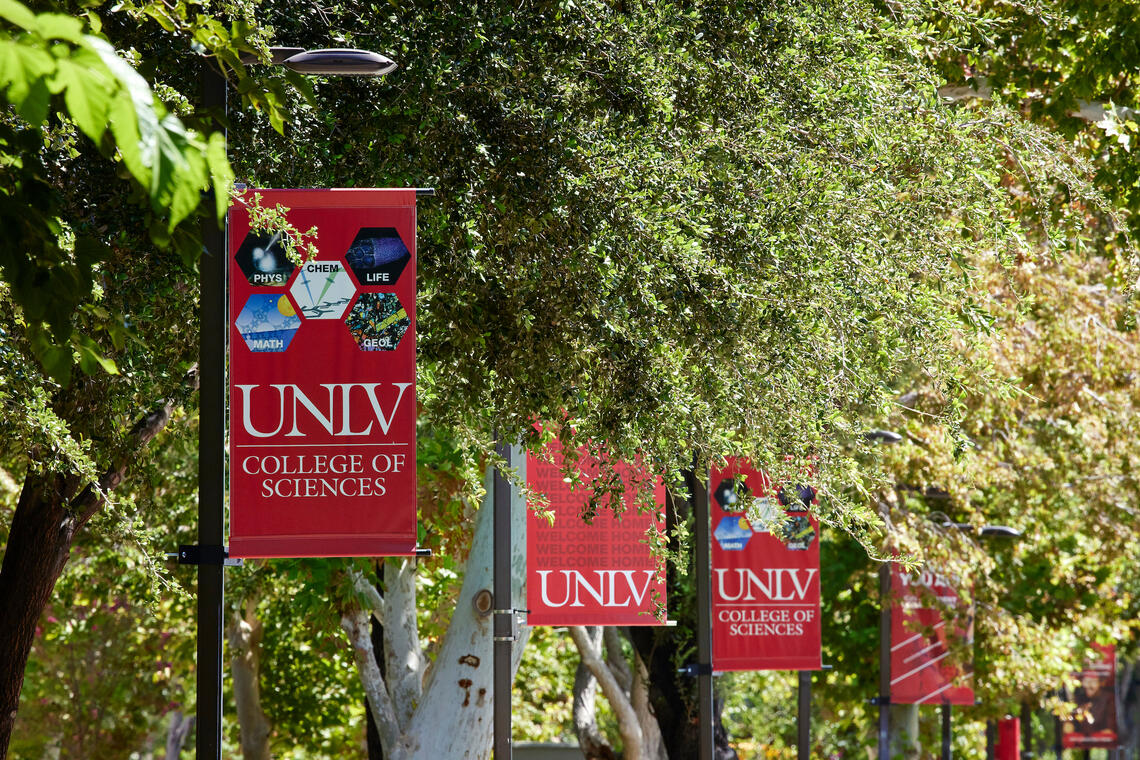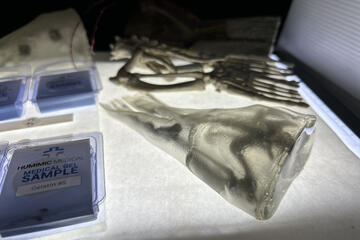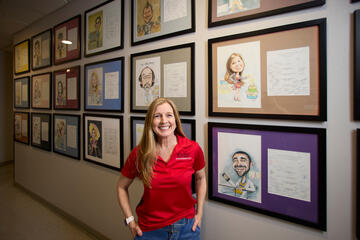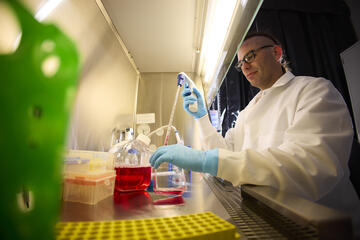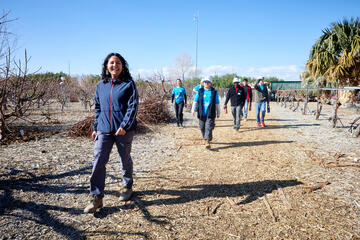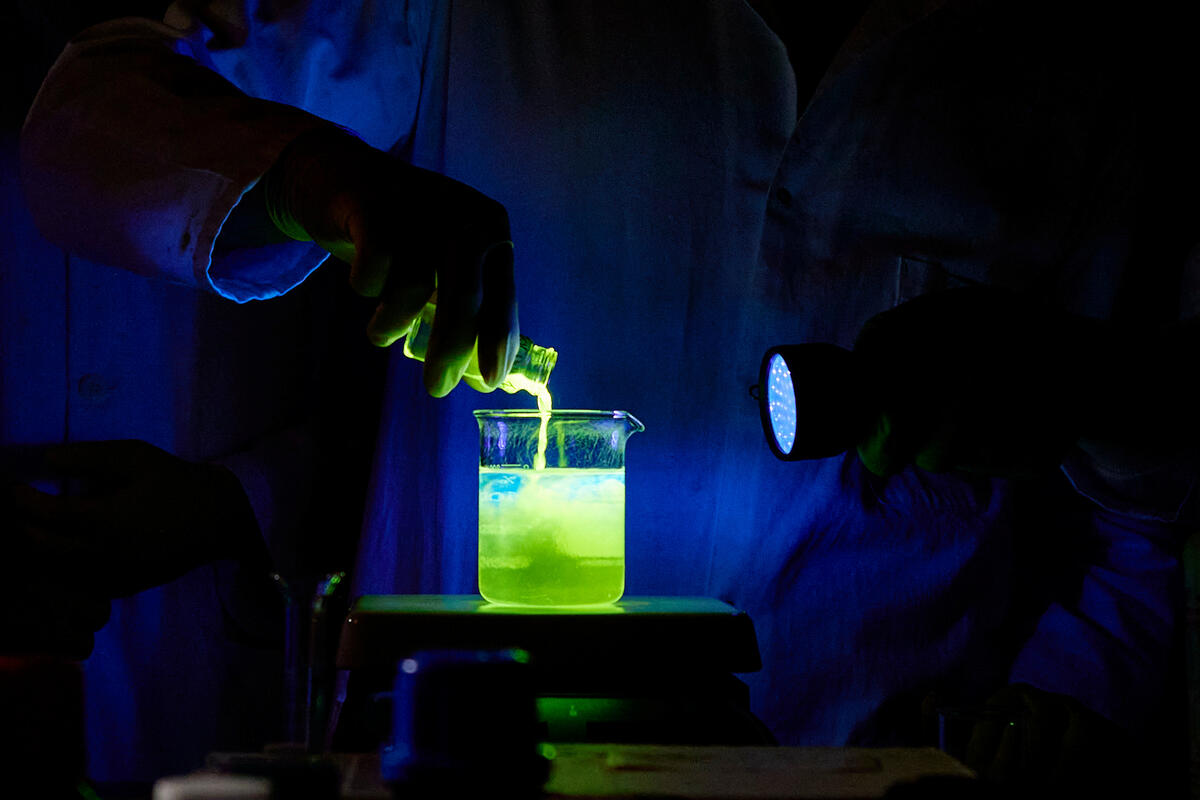
Shaping the Future of Science
Education. Discovery. Innovation.
$
25,096,431
AWARD DOLLARS RECEIVED IN FY 2024
2,192
Students
86.5
%
1st Year Retention Rate of Fall 2023 Student Cohort
In the News

Planetary alignments happen more often than you might think. Here’s why this one is special.

The seven states that share the Colorado River did not meet a deadline for an agreement on water cutbacks. What is next for this vital water source in the West?

Since mid-November, bird enthusiast Skye Marsh of Las Vegas had been hoping to get the call she received Wednesday afternoon. The lost toucan, appropriately named Sam, had been found.
Accomplishments
Published in Nature Communications, a new study from Prasun Guha’s (Life Sciences) laboratory, led by Sujan Chatterjee (Nevada Institute of Personalized Medicine) et al., discovered that the small molecule IP6 (phytic acid) acts within the nucleus and is essential and sufficient for activating…
Mohammed K. A. Kaabar (Mathematical Sciences) has co-authored a new research article titled “On Martínez-Kaabar fractal-fractional double Laplace transformation,” published in the Ain Shams Engineering Journal, an Elsevier journal ranked in the top 25% (Q1) of engineering journals with an…
Experts
Assistant Professor, Department of Chemistry and Biochemistry
An expert in genetics and neurological diseases.

Professor of Life Sciences
An expert in insect physiology and evolution.
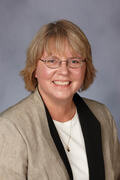
Professor of Geology
An expert in earthquakes, structural geology, tectonics, and neotectonics.
